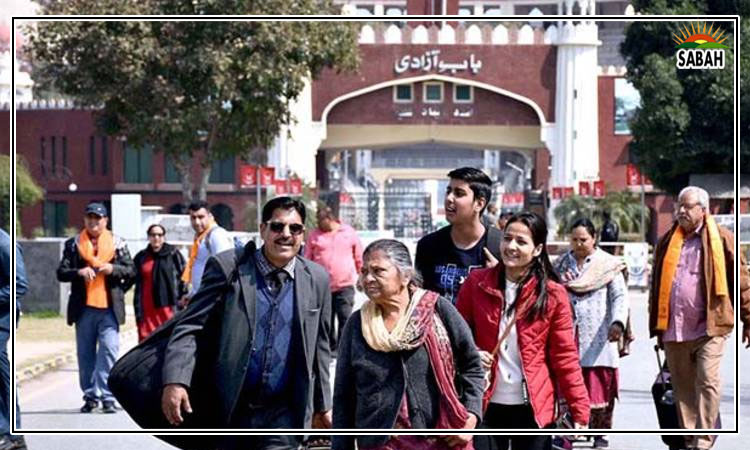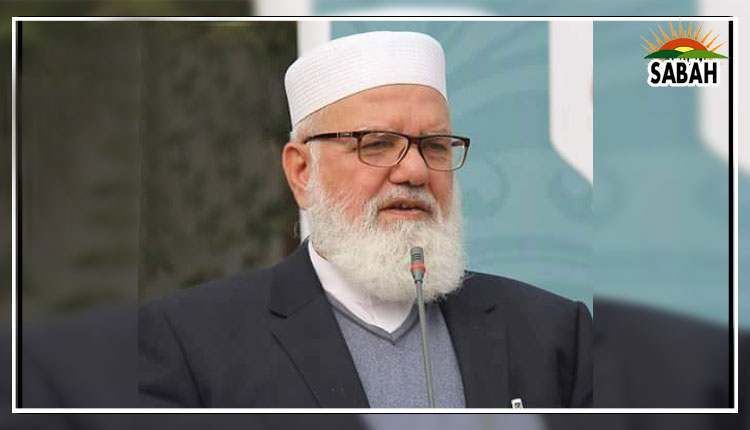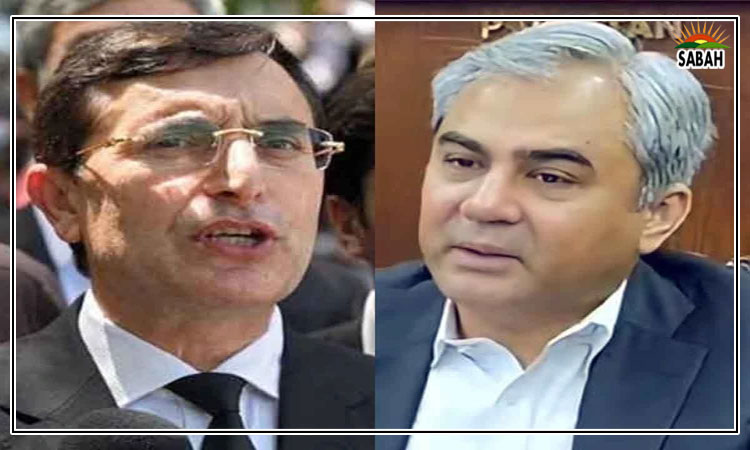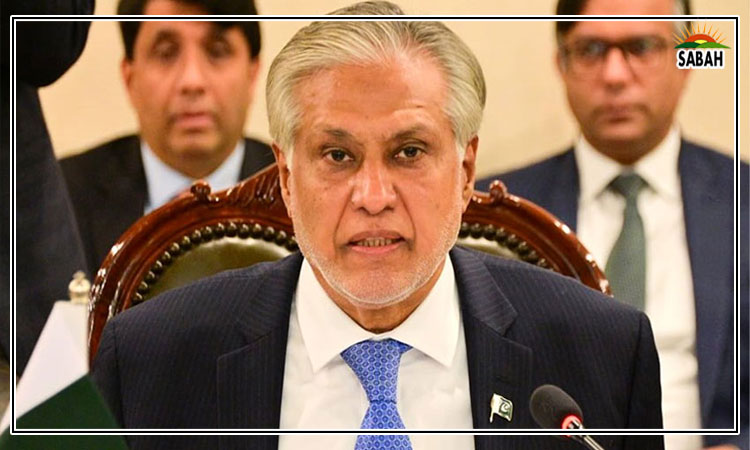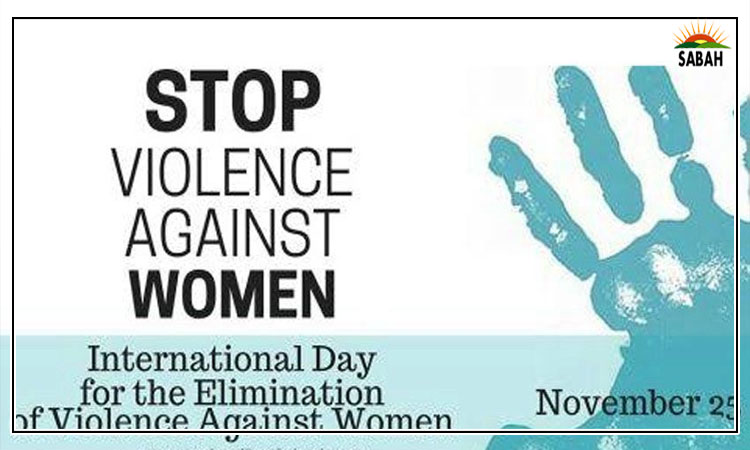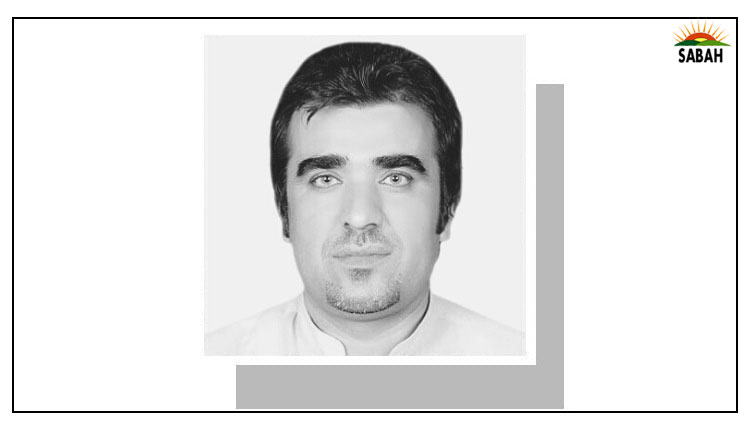Push to exitOil & gas reserves discovered in Attock… Muhammad Hamid Zaman
On the coast of the Aegean sea, at a small town, not far from Athens is a seafood restaurant known among the locals for its fresh fish and reasonable prices. I was in Greece not too long ago for work and a colleague, who is from Greece, had recommended the place. Soon after I had placed the order, I saw a young man rushing to me. He looked like someone in his early twenties, and from his facial features seemed like a person from our part of the world. He came over, and in a hushed tone, spoke to me in Punjabi. He told me that the fish at the restaurant was good, but I should be aware that the chef cooks it in the same oil and pans that he uses for pork products. Oh! I said. Is there anyone I could speak to make a special request for a different pan, and oil? I inquired. The young man smiled at me and said, I already took care of it. He then disappeared.
During the course of the meal, I saw him at a distance and walked up to him. He was not part of the wait staff but worked inside the kitchen. He told me that he saw me from a distance, thought that I looked like someone who is from Pakistan, and wanted to make sure that he took care of me. I was touched by his kindness. I asked him where he was from. He told me that he is from a village not far from Sialkot and came to Greece three years ago. He ended up in this small town because he had a cousin here. Are there other people from your village here? I asked. A third of our village has left, he told me. Most are in Germany or other parts of Europe, not many in Greece. I asked him how he left (on foot), and how much the middle men had charged (hundreds of thousands of rupees). And then, I asked him a question that made me look like a complete idiot. I asked him Why did you leave? He was a little taken aback, perhaps shocked at my naivete. His surprise at the stupidity of my question was written all over his face. It was as if he was asking, What rock do you live under? Dont you know why people leave? But he was very polite, and smiled. It is impossible to make ends meet. I could only earn a few thousand rupees a month and that meant that I could either eat or pay bills, not both. He was fully aware of the dangers of traveling through a dangerous terrain. He knew the risks to his life on the journey, yet the decision to leave was not particularly hard for him or his family.
I have met young men like him all over Europe at a restaurant in Frankfurt, near the train station in Zagreb, at a coffee shop in Tirana and at a migration centre in Sarajevo. They are from all over Pakistan. I have met people from Quetta, Waziristan, Sialkot, Lahore and Karachi. All have unique experiences but the underlying story has remarkable similarities. Every single person I spoke left not because of the great pull of European shores, but a push from within society to exit. I have not met a single person among these migrants who wants to return. They miss their home and families terribly but choose to be outside not because they indulge in great luxury, but because of a simple calculus of finding enough to eat and being able to support their families back home. Their story of exit is a story of the loss of a belief that if they worked hard, followed the law and played by the rules, they will be able to have the basic necessities of a decent life. As one young man in Tirana told me not too long ago, it is the belief in a decent future that keeps the society together. So many people, that he knew, no longer had that belief.
Courtesy The Express Tribune


